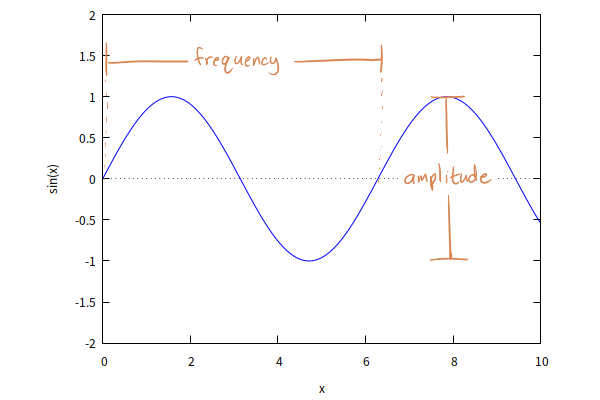GPS Detector – Are You Ready For A good Factor?
How can a cyber-criminal utilize images to pester and damage me? An abuser could utilize nude or sex-related pictures of you as a method to acquire and keep power and control over you. The person may do this by sharing intimate pics that you sent during your relationship with other people or threaten to share pics as a way to scare or pester you or as a type of shake down to attempt to get you to do something you don’t want to do. These actions can be part of a pattern of cyber-stalking abuse and/or harassment and there are laws that might safeguard you from this type of behavior.
 In the majority of instances, the abuser posts or threatens to publish the pictures as a method to acquire power and control over his/her partner, to bother the person, or to trigger the individual shame, humiliation, and distress. Nonconsensual pic sharing/pornography can include both photos or video that was initially shared with approval in the context of an intimate relationship and those obtained without permission through the use of cell phone cameras, concealed video cameras, recording an intimate assault, or hacking of devices.
In the majority of instances, the abuser posts or threatens to publish the pictures as a method to acquire power and control over his/her partner, to bother the person, or to trigger the individual shame, humiliation, and distress. Nonconsensual pic sharing/pornography can include both photos or video that was initially shared with approval in the context of an intimate relationship and those obtained without permission through the use of cell phone cameras, concealed video cameras, recording an intimate assault, or hacking of devices.
Even if you realize that the abuser has actually published an intimate picture of you online, you might not know where the abuser has actually promoted your image. Or you might realise of one site where the pic was published, however it is likewise possible that the abuser has actually promoted the pic in other places that you do not feel certain about. If there are any other websites where the abuser may have promoted the pic if you desire your picture eliminated from those sites, it will be essential to discover out. You can look for other places a distinctive picture may be posted online by using a reverse pic search on the internet.
If the pic exists in other places, you will see a list of those places in the search results page. It will be very important to document these in case this is required for reporting it to the authorities or the courts. You can take a screenshot of the outcomes and after that go to each web site and take a screenshot of every one. Each web site will have its own take-down policy. A lot of take-down policies can be discovered in the “regards to service” language on the website. There may even specify instructions for you to follow on how to make a demand to have your image gotten rid of from the website. There may be other methods you can get your images gotten rid of if there aren’t any directions or a take-down policy.
If someone else shares my sexual or personal pictures, is that a criminal activity and what is the criminal offense commonly called? Some state’s nonconsensual image sharing laws likewise specifically restrict the stealing of individual material, such as images, from a computer system or other technological device (in states where there is not a distinctive nonconsensual picture law, stealing of photos or content from a device would fall under another law).
The distinct name of this criminal activity and the exact meaning varies by state. If a person shares intimate photographs or videos of you, these criminal offenses are typically referred to as unlawful dissemination of intimate pictures or unlawful disclosure of private photos. In some states, the hazard to share or release the videos or images can also be a crime, even if they are never in fact shared. If the images are taken without your approval or without your understanding, these criminal offenses typically are called illegal security or invasion of personal privacy. If pic are stolen from your computer system, that behavior might be covered under a data theft or computer system crime law in your state. You can search for the actual criminal activities in your state on our Crimes page by entering your state in the drop-down menu. If you want more data regarding this topic, visit the website by clicking this link Allfrequencyjammer .
 If the abuser is threatening to share the picture unless you provide him/her with money or property, force or extortion laws may use. The exact laws that may be able to secure you will be different depending on the language of your state’s laws and the truths of your situation.
If the abuser is threatening to share the picture unless you provide him/her with money or property, force or extortion laws may use. The exact laws that may be able to secure you will be different depending on the language of your state’s laws and the truths of your situation.
